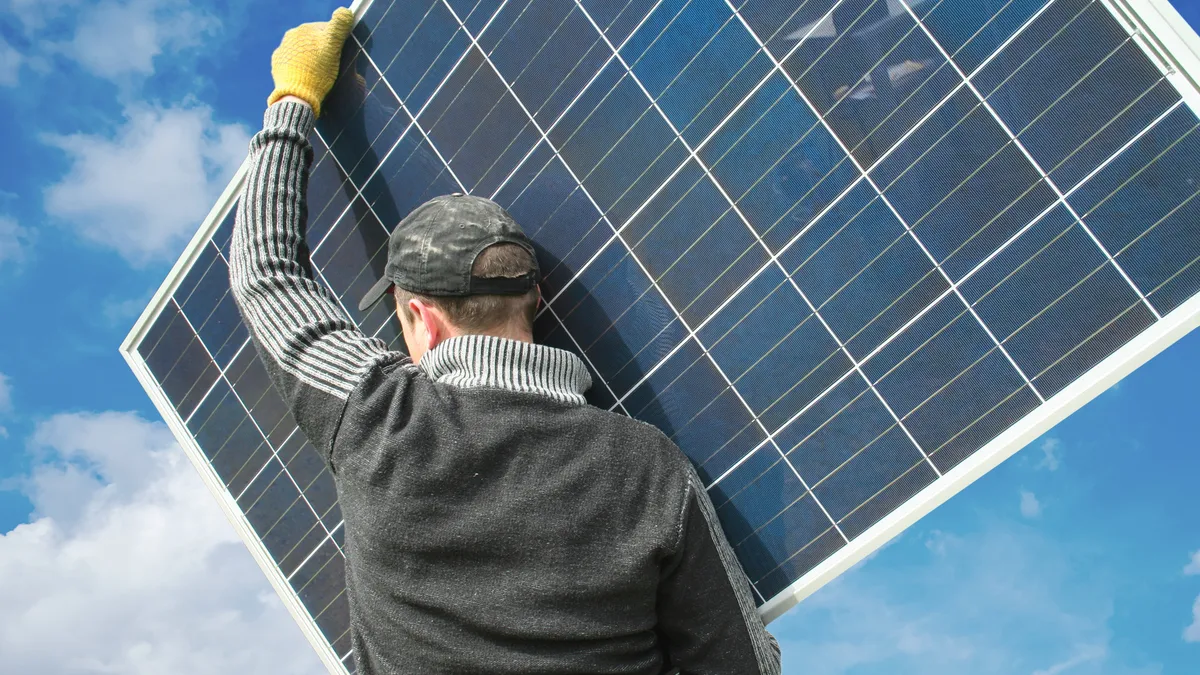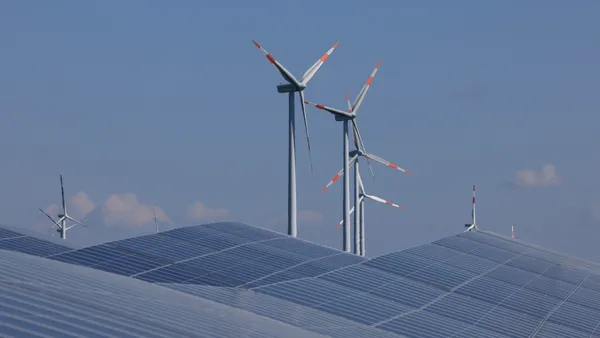Dive Brief:
- State regulators are standing firm on a compromise net metering policy passed in December, with the Mississippi Business Journal reporting the Public Service Commission has declined to hear petitions from four groups requesting rehearings, including the Electric Power Associations of Mississippi Inc. which represents 11 rural electric cooperatives.
- Following several years of debate, Mississippi in December approved a net metering policy that compensates solar customers at a rate between the retail and wholesale prices. The state had been one of just a handful remaining with no net metering policy on the books.
- The South Mississippi Electric Power Association (SMEPA) argued that their non-profit, member-owned status makes them self-regulated and independent of Federal Energy Regulatory Commission, Tennessee Valley Authority (TVA), and MPSC governance; the Mississippi Business Journal notes the PSC rule allowed for that in its December order.
Dive Insight:
After years without a net metering policy, Mississippi regulators are holding firm on their December decision to enact a policy that appeared aimed at rate compromise. In its order, following five years of study and debate, the commission approved a credit of $0.07/kWh to $0.075/kWh, with a temporary $0.025/kWh adder.
Entergy responded by saying the rule “appears to be a reasonable compromise that has addressed the major substantive issues raised by various parties," but the cooperatives argued that their own policies and structures exempt them from state regulation. However, the Mississippi Business Journal reports that last week PSC Chairman Brandon Presley said the commission would not take action on the rehearing petitions, leaving the cooperatives to take the fight into the court system.
SMEPA is already working to expand solar access and has inked a deal for a 52 MW Origis Energy installation, as well as developing capacity through several co-op-owned arrays of 100 kW or smaller. The cooperative also has its own net metering policy in place. SMEPA CEO Jeff Compton has said his group does not object to buying power from customer-sited solar, but that the rate set by the commission is too high.
“If I can go out here and do a 52 MW, 480-acre facility for a certain price, what is the reasoning for us to pay twice that to someone who puts rooftop solar in?" he told Watchdog Mississippi. "Having these large facilities is the most efficient way to increase the amount of renewables in our portfolio.”
The solar advocacy group the Alliance For Solar Choice said there were “substantive ambiguities” and errors in application of law that need clarification, according to the Mississippi Business Journal.
A 2014 study from research and consulting firm Snyapse Energy Economics found that benefits of solar PV with NEM in Mississippi are greater than the costs in all but one scenario.
Distributed solar can help avoid significant infrastructure investments, take pressure off the state's oil and gas peaking resources, and put downward pressure on rates, according to the study.
But increased distributed solar will likely reduce Mississippi utilities’ revenues, the study concluded. Even so, Value of Solar Tariffs (VOST) or other alternative solar valuations might spread the costs and benefits of solar PV equally over the consumer pool and protect utilities.















